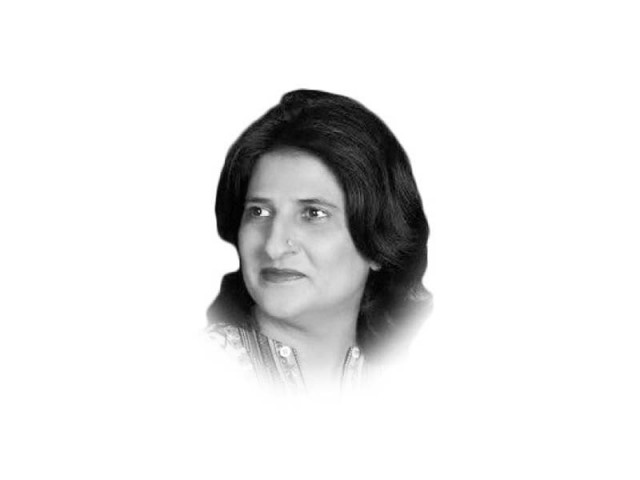Food security, war and bystanders
On the surface, warring parties think they are in control but in reality, they are not

My over 11-hour bus journey from Prague to Copenhagen – through lush green croplands, villages and small towns of Europe – triggered a thought that nature has gifted everything to Europe, including fertile lands. But the entire continent cannot match Russia and Ukraine in terms of grains and wheat production. Sadly, both these countries are in the ring of war, threatening global food security. Roaming around in shopping malls of Copenhagen led me to think that sanctions on Russia are more harmful to the economy of Europe than maybe to Russia itself. This year Copenhagen was more expensive than I was here the last year.
Russia, which competes mainly with the EU and Ukraine for wheat supplies to the Middle East and Africa, has been limiting its exports through taxes and an export quota since 2021 amid efforts to slow domestic food inflation.
The Russia-based Institute for Agricultural Market Studies on July 1, 2022 indicated that Russia would export 39 million tons of wheat in the 2022-23 season from its 2022 crop which is expected to reach 85 million tons. World’s largest exporter of wheat, Russia accounts for over 18% of global exports. In 2019, Russia and Ukraine together exported 25.4% of the world’s wheat, according to the Observatory of Economic Complexity. Now both are in war. Russia is holding huge stocks of wheat for domestic purposes while Ukraine is unable to ship its products out of the country freely.
Ukraine exported up to 6 million tons of grain a month before the war and now the volumes are falling due to a lack of transportation system. Ukraine exported 54.9 million tons of wheat, corn and barley in 2019-20, which dipped to 44.9 million tons in 2020-21, mostly on lower wheat production, according to the US Department of Agriculture. Before the war, Ukraine had been projected to export 63.7 million tons of grains in 2021-22.
In May 2022, food security experts claimed the world’s grain inventory had already touched its lowest levels ever. War in one particular part of Earth affects the entire planet. It’s never ever a matter limited to the warring countries only and they should not be free to decide when to start and when and how to end a war. If we all are equally suffering from a particular war, we have an equal right to question it.
Ukraine and Russia are at war but don’t forget the determents of the war – those indemonstrable who trigged this war and are now sitting on the fence and watching the game. These bystanders are not innocent as they are pretending now; they are pretending to be meta-human which they can’t.
It is sheer cynicism of engineering and reverse engineering. First, engineer a war and put it to a trial; and on failure, start reversing it – claiming it to be for the greater good of the humanity and for shared commitment. Humanity does not need war, no shared commitment asks for mass destruction and no greater good can be achieved via killing. But in this war factory, there is no shortage of volunteers who eagerly opt to become part of the war manufacturing business, embrace its failure, and fall for the second phase of its reverse engineering without any question asked.
It is time to understand the peculiarities of war. No two or three countries decide to jump into a war rather they volunteer to become part of an experiment, structured by a third party, and when failing again unknowingly enter the second phase of that cynical proposition.
It is like a lab test where all the variables are controlled and predetermined; only the participants are not aware of them. On the surface, warring parties think they are in control but in reality, they are not. As the world gets more dependent by becoming more global, the impact of war can be seen far from its origin and is not always in the form of killing, like in the olden days, but famine in a poor country or even a continent, hunger, and disease on a scale which no reverse engineering can commodify for any greater good and shared commitment to humanity.
Published in The Express Tribune, July 9th, 2022.
Like Opinion & Editorial on Facebook, follow @ETOpEd on Twitter to receive all updates on all our daily pieces.















COMMENTS
Comments are moderated and generally will be posted if they are on-topic and not abusive.
For more information, please see our Comments FAQ